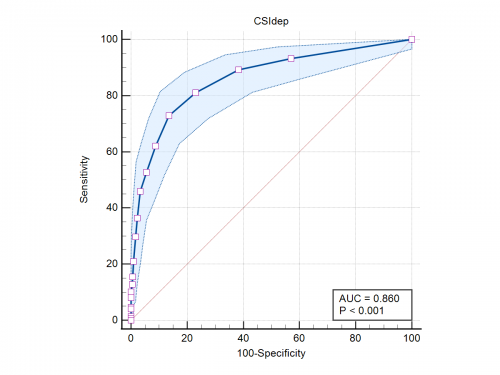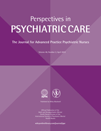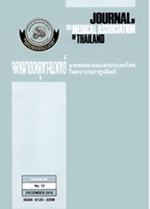Core Symptom Index (CSI)
CSI Thai ไทย : CSI.pdf
CSI Eng : CSI-15 Eng .pdf
CSI Chinese : CSI-15_Chinese.pdf
The CSI, developed by Prof. Nahathai Wongpakaran and Prof. Tinakon Wongpakaran, is a tool for assessment of anxiety, depression, and somatization symptoms. It is psychometrically adequate and sufficiently unidimensional. The CSI’s total score greatly reflected a single general factor, permitting users to interpret the total score as a sufficiently reliable measure of the general factor. In addition to being used as an outcome measure, the finding provides support for the CSI as an appropriate screening tool for identifying psychiatric symptoms among the adult and older adults.
Items
The CSI items comprised 5 items representing depression (items 2, 4, 5, 6 and 7), 4 items for
anxiety (items 12, 13, 14 and 15) and 6 items for somatization symptoms (items 8, 9, 10, and 11). The CSI instructions directed respondents to answer the items based on how they felt over the past week.
Psychometric property
The CSI was examined in 803 Thai participants; 70%were female and age ranged from 60 to 89 years (M = 69.24 years, SD = 6.88 years).
Internal consistency assessed by Omega was 0.915 (overall), 0.779 for anxiety, 0.884 for depression, an 0.828 for somatization.
The Chinese version of CSI was tested in 784 adults, and demonstrated Cronbach’s alphas of 0.87 for depression and of 0.90 for anxiety symptoms.

Scoring
The CSI consisted of 15 items, all of which were based on a 5-point Likert scale, i.e., values of 0 (never), 1 (rarely), 2 (sometimes), 3 (frequently) and 4 (almost always). The scores range from 0 to 60. Total scores were consistently interpreted, the higher the score, the higher the level of psychopathology.
Cut-off score for major depression

Total score of CSI ≥ 34 suggests major depression (Sensitivity = 61.70, Specificity = 87.28, PPV = 51.8, NPV = 91.1, AUC = 0.814 (SE .0208))
Score of CSI-Depression ≥ 9 suggests major depression (Sensitivity = 72.97, Specificity = 86.36, PPV = 55.1, NPV = 93.3, AUC = 0.860 (SE .0186))
Score of CSI-Depression ≥ 8 suggests any depression (Sensitivity = 73.94, Specificity = 78.51, PPV = 51.7, NPV = 90.6, AUC = 0.818 (SE .0194))
References: Core Symptom Index (CSI): testing for bifactor model and differential item functioning - PubMed (nih.gov)














